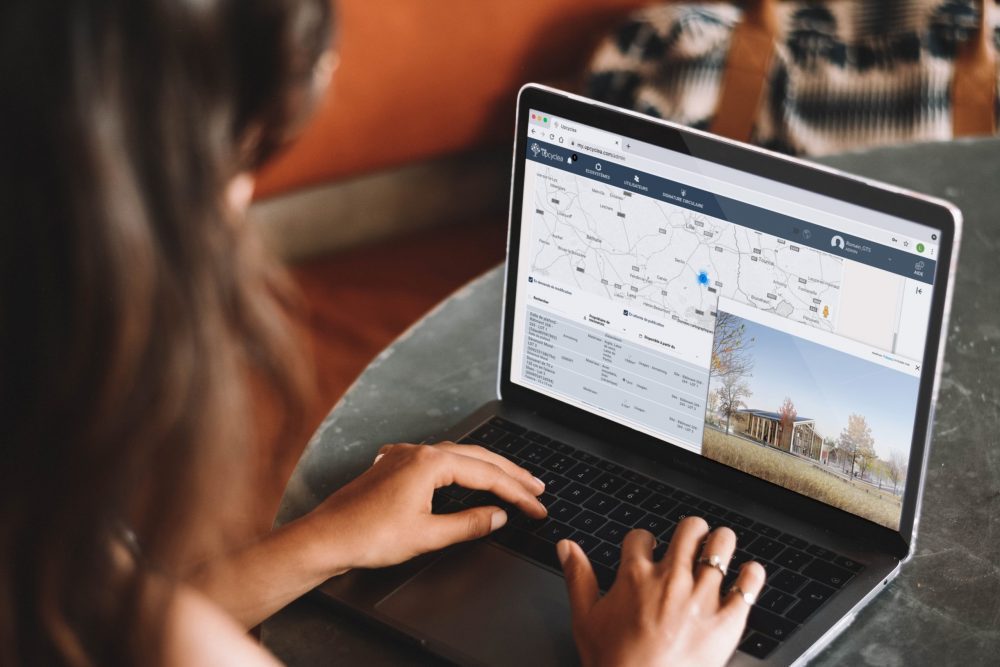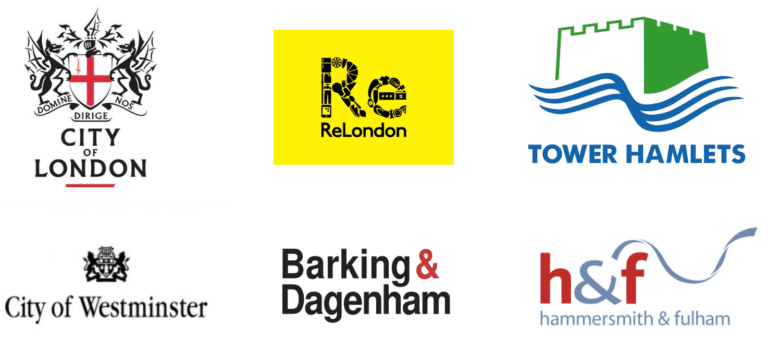Circular Construction
Deliver compliant and circular buildings that will futureproof your clients’ investment
Tender with confidence
Capture the most complete set of data within one tool
Maximise reuse and financial value
Avoid cumbersome work for your team
Full support by leading experts on passports
Predict and report on financial benefits
Provide clients with myUpcyclea, the most advanced passport tool on the market, giving them complete transparency over their assets.
Generate digital materials passports with manufacturer data developed with constantly growing sets of market EPD and environmental information.
Deploy a dynamic platform that traces material flows and connects to active reuse networks via our ROMULUS reuse mine, allowing clients to recover value at end-of-life.
myUpcyclea library stores over 10,000 passports so that passport information is only collected once.
With extensive work in the area, Upcyclea and its partner Maconda provide support and specialist services where required.
Add value at every RIBA stage, from brief to design to build, handover and in use operations.
Digital materials passports represent a significant shift in the economics of construction and the wider industry mindset. Multiplex is committed to being at the forefront of progress, and even more so based on our experience at One Nine Elms. This project has really showcased the feasibility and benefits of materials passports on projects of significant scale and how the circular economy model can be applied along the entire supply chain.
Source


Maria Fernandez Cachafeiro
Head of sustainability at Multiplex (UK)
What is a Materials Passport?
Materials Passports can be seen as digital ID cards for materials, which record key information such as carbon footprint, circularity, material health and residual value, to prepare them for end-of-life. Upcyclea provide a free access to a library of +10,000 passports.
Materials Passports are required to accurately digitalise our building stock, and recording the circularity potential of materials as built is essential to enable reuse and decarbonisation.
The industry recognises them as a key innovation allowing for traceability and transparency of material flows, and a European standard called Digital Product Passport (DPP) is expected by 2027.
They provide a value add at every phase of a building’s lifecycle, from the initial design to the construction and in-use phase, all the way to deconstruction.

What is a Digital Materials Bank?
The Digital Materials Bank is the final form of the asset. Here, the building has been fully or significantly characterised with Materials Passports and is ready to act as a store of valuable deposits that can be exchanged, traded or recovered as they reach the end of their lifecycles. Digitial Materials Banks are built with disassembly in mind, to maximise resource recovery during the refurbishment or deconstruction.
We provide you with a Digital Materials Bank in order to give you and your clients an overview of the building’s as-built character, which can be easily updated during renovations and fit-outs.
This gives the building owner the ability to decarbonise the building further throughout its lifecycle by specifying low-carbon, circular and reused materials.
The building Circular Signature
Our Circular Signature is an evaluation tool that allows users to measure the environmental impact of your buildings, based on real data from the actual products/materials that comprise them.
Consider different options, review the outcome of design choices, run scenarios and compare different results using the actual or propsoed products and materials for the project.
Get information on the embodied carbon footprint (according to EN 15978, RICS, RE2020 calculation mode), the degree of non-toxicity, circularity and the residual value of the building to meet your clients’ environmental objectives.
The urban reuse mining
Romulus (Reuse Of Materials Using Local Unitary Stakeholders) is the urban mine being deployed in UK by Upcyclea, Maconda and several partners.
It works by importing the results of hundreds of Pre-Demolition Audits (PDA) and automatically establishing the correspondence between needs and reusable deposits.
With Romulus, it becomes possible for all the local supply chain to regenerate, reuse or refurbish used products to prevent resource scarcity and reduce carbon footprint.
In this context, the ability to characterise used (past and future) resources by using materials passports becomes a powerful tool for managing complexity.


We transform the world together





